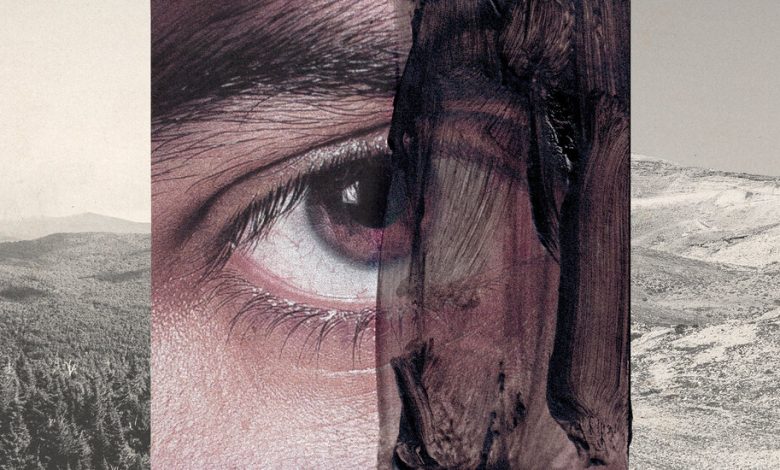I Was Shot in Vermont. What if It Had Been in the West Bank?

That frigid autumn night in Burlington, Vt., was not the first time I had stared down the barrel of a gun. It was not even the first time I had been fired at. Half a world away, in the West Bank, it had happened before.
On a hot day in May 2021, a classmate and I, both of us 17 at the time, were protesting near a checkpoint in Ramallah. Bullets, both rubber and metal, were flying into the crowd, even though we were unarmed. I was hit with one of the former; my classmate, the latter. Before, we had been students cramming for our chemistry final; then, on the other side of Israeli rifles, we were a mass of terrorists, disqualified from humanity.
So that night in November, when my two friends and I were shot while we were walking on North Prospect Street, I was not particularly surprised to find myself lying on the lawn of a white house and blood splattered across the screen of my phone. Back home in Ramallah, I knew that I was one wrong move away from bleeding out; Israeli soldiers have been known to prevent or hinder paramedics from tending to injured Palestinians. But I had never expected to feel this on a quiet street in Vermont, on a stroll before Thanksgiving dinner.
The shooting of three Palestinian Americans in Burlington has received more sustained coverage than any single act of violence against Palestinians in Gaza and the West Bank since Oct. 7. Why did reporters and news channels interview our mothers and take our portraits when young men my age have been shot at by snipers, detained indefinitely without trial and treated as a statistic?
It’s a question that has eaten away at me these past months. Was it the shock of such a violent crime in peaceful Vermont? Was it that my friends and I went to well-known American colleges? Did the timing of our shooting during a holiday weekend play a role? I’m sure it did, but to me, the determining factor is the reframing of the crime: Instead of settlements, the Oslo Accords or the intifada, the conversation around our shooting involved terms such as “gun violence,” “hate crimes” and “right-wing extremism.” Instead of being maimed in Arab streets, we were shot in small-town America. Instead of being seen as Palestinians, for once, we were seen as people.
Death and dehumanization are status quo for Palestinians. We grow used to being funneled through checkpoints and strip-searched, assault rifles trained on us all the while. The result is a constant existential calculus: If an unarmed autistic man, an 8-year-old boy and a journalist wearing a vest emblazoned “Press” could be perceived to be such a threat that they were shot dead, then I must accept that by existing as a Palestinian, I am a legitimate target.